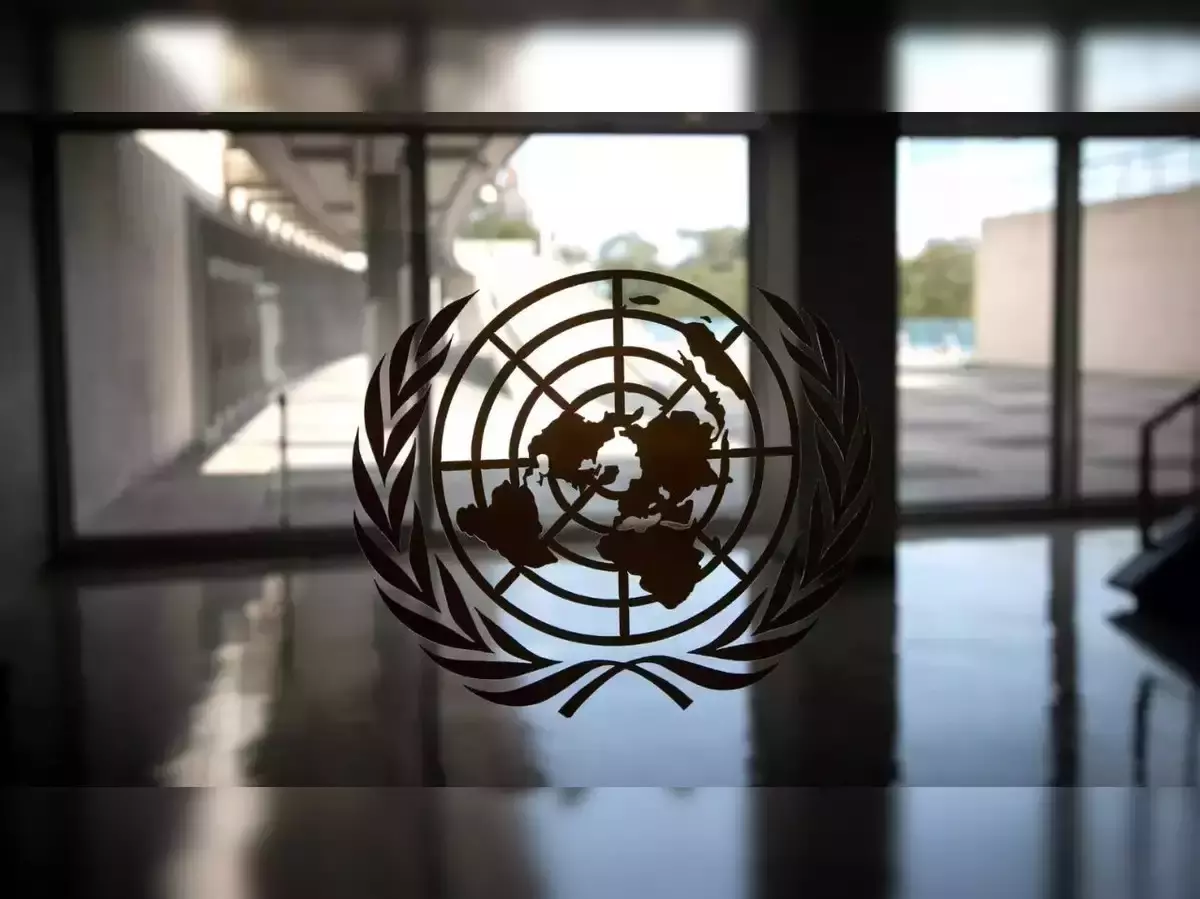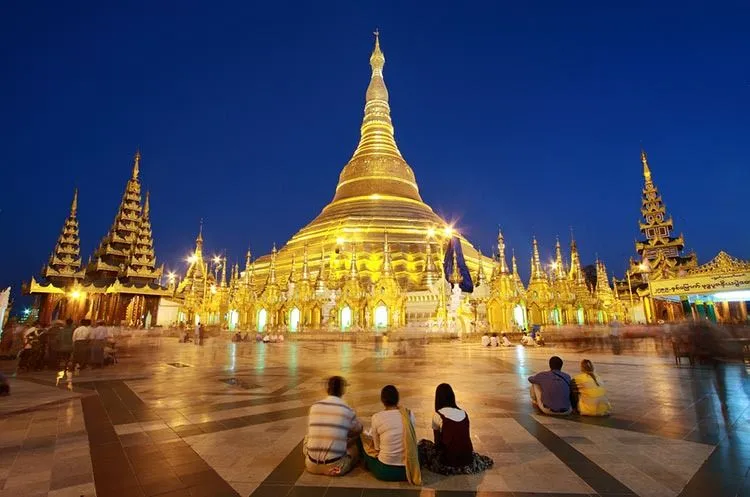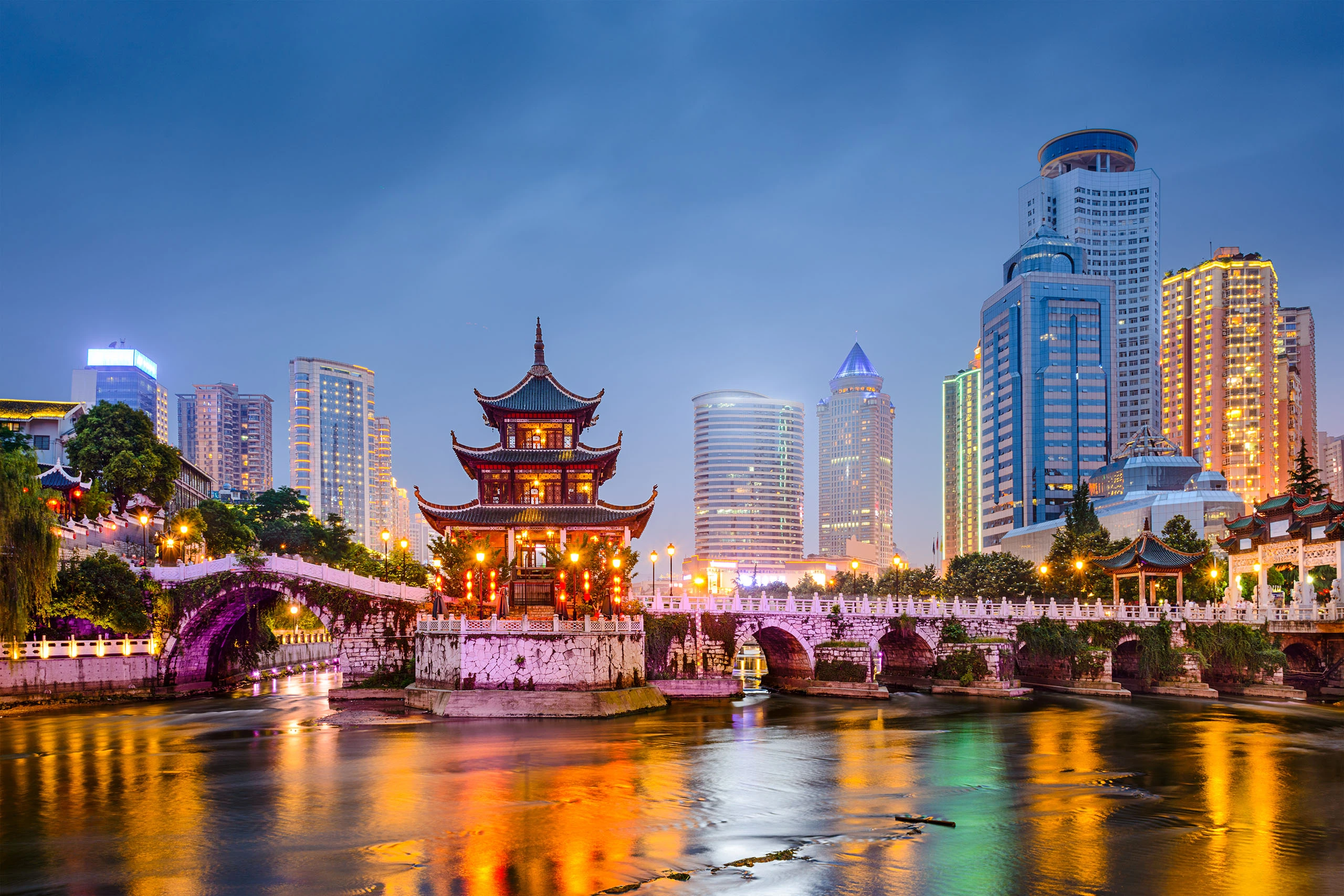The creation and history of the United Nations is a compelling tale of global cooperation and the pursuit of peace. Spanning over seven decades, this international organization has played a pivotal role in promoting diplomacy, resolving conflicts, and advancing human rights around the world. From its humble beginnings in 1945, when representatives from 51 nations came together to establish the UN, to its present-day operations with 193 member states, the UN has proven to be a platform for collective action.

Creation of the United Nations
The United Nations was founded in the aftermath of World War II, with the primary goal of preventing future conflicts and fostering international cooperation. On October 24, 1945, the UN Charter was signed by representatives from 51 countries in San Francisco, officially establishing the organization. This momentous occasion marked a new era of global collaboration, as nations recognized the need to work together to address pressing global issues. The Charter outlined the principles and objectives of the UN, emphasizing the importance of maintaining peace and security, promoting human rights, and fostering economic and social progress.
The creation of the United Nations was a result of years of discussions and negotiations among world leaders. The idea of an international organization to replace the failed League of Nations gained traction during the latter years of World War II, as it became increasingly clear that a new framework was needed to ensure lasting peace. The United Nations was envisioned as a platform for dialogue and diplomacy, where nations could come together to resolve conflicts and promote mutual understanding. It aimed to create a more peaceful world by providing a forum for nations to address their differences through peaceful means.
The United Nations Charter established six main organs of the organization: the General Assembly, the Security Council, the Economic and Social Council, the Trusteeship Council, the International Court of Justice, and the Secretariat. Each organ has its own specific functions and responsibilities, with the General Assembly serving as the main deliberative body where all member states have equal representation. The Security Council, on the other hand, is responsible for maintaining international peace and security, with five permanent members holding veto power.
The Purpose and Goals of the United Nations
The United Nations was founded on the principles of maintaining international peace and security, promoting economic and social progress, and upholding human rights. Its core purpose is to serve as a platform for collective action, where countries can come together to address global challenges and work towards common goals. The UN aims to prevent conflicts, resolve disputes peacefully, and promote respect for human rights and fundamental freedoms.
One of the primary goals of the United Nations is to maintain international peace and security. Through its Security Council, the UN has the authority to take action to address threats to peace, including the use of sanctions or peacekeeping forces. The organization has played a crucial role in mediating conflicts and facilitating peace agreements in various regions around the world, such as in the Balkans, the Middle East, and Africa.
Another important goal of the United Nations is to promote economic and social progress. The UN’s Economic and Social Council works to address pressing global issues such as poverty, hunger, and inequality. It promotes sustainable development and encourages countries to work towards eradicating poverty, improving healthcare, and ensuring access to education for all. The UN also facilitates international cooperation in areas such as trade, finance, and technology transfer, with the aim of fostering economic growth and reducing global disparities.
Furthermore, the United Nations is committed to upholding human rights and fundamental freedoms. The UN Declaration of Human Rights, adopted in 1948, serves as a universal standard for human rights, outlining the rights and freedoms that all individuals should enjoy. The UN Human Rights Council monitors and addresses human rights violations around the world, advocating for justice and accountability. The UN also works to empower women, promote gender equality, and protect the rights of vulnerable groups such as children, refugees, and indigenous peoples.
Structure and Organization of the United Nations
The United Nations is a complex organization with a hierarchical structure and numerous specialized agencies, programs, and funds. At the top of the structure is the General Assembly, which consists of all 193 member states. The General Assembly meets annually in a session where countries discuss and make decisions on various global issues. Each member state has one vote, and important decisions require a two-thirds majority.
The Security Council is another key organ of the United Nations, responsible for maintaining international peace and security. It consists of 15 members, with five permanent members (China, France, Russia, the United Kingdom, and the United States) and ten non-permanent members elected by the General Assembly for two-year terms. The Security Council has the power to impose sanctions, authorize military intervention, and make binding decisions on member states.
The Economic and Social Council (ECOSOC) is tasked with promoting economic and social development. It consists of 54 member states elected by the General Assembly for three-year terms. ECOSOC works to coordinate international efforts in areas such as health, education, and sustainable development, and it collaborates with various specialized agencies and programs to achieve its goals.
The United Nations also includes the Trusteeship Council, which was originally established to oversee the administration of trust territories, but is currently inactive as all trust territories have achieved self-government or independence. The International Court of Justice serves as the principal judicial organ of the United Nations, dealing with legal disputes between member states. The Secretariat, headed by the Secretary-General, provides administrative support to the organization and implements decisions made by the other organs.

Key Milestones and Historical Events in the United Nations’ History
Throughout its history, the United Nations has achieved several significant milestones and played a crucial role in shaping global affairs. One of the earliest milestones was the adoption of the Universal Declaration of Human Rights in 1948, which established a comprehensive framework for human rights protection. This landmark document has since served as a basis for national and international legislation, and it continues to guide the work of the United Nations in promoting human rights worldwide.
Another major milestone in the history of the United Nations was the adoption of the Sustainable Development Goals (SDGs) in 2015. The SDGs are a set of 17 goals aimed at ending poverty, protecting the planet, and ensuring prosperity for all. They provide a roadmap for sustainable development and serve as a blueprint for countries to follow in their efforts to achieve a more equitable and sustainable future.
The United Nations has also played a pivotal role in facilitating peace agreements and resolving conflicts around the world. One notable example is the peacekeeping mission in Namibia, which helped oversee the transition to independence in the 1990s. The UN has also been involved in peacekeeping operations in countries such as Rwanda, Bosnia and Herzegovina, and Haiti, providing vital support in post-conflict situations.
In recent years, the United Nations has focused on addressing pressing global challenges such as climate change and migration. The Paris Agreement, adopted in 2015, marked a significant step towards global cooperation in combating climate change. The UN has also played a key role in addressing the global refugee crisis, advocating for the rights of refugees and migrants, and coordinating international responses to displacement.
Contributions of the United Nations to Global Peace and Security
The United Nations has made significant contributions to global peace and security through its peacekeeping operations, conflict resolution efforts, and disarmament initiatives. Since its inception, the UN has deployed peacekeeping forces to various conflict zones around the world, with the aim of maintaining peace and facilitating the transition to stability. These missions often involve military, police, and civilian personnel who work to protect civilians, support political processes, and rebuild institutions.
In addition to peacekeeping, the United Nations has played a crucial role in mediating conflicts and facilitating peace agreements. The organization has acted as a neutral mediator in numerous conflicts, helping parties reach peaceful settlements and preventing further bloodshed. Examples include the peace agreements in Cambodia, El Salvador, and Mozambique, where the UN played a pivotal role in ending years of violence and establishing conditions for lasting peace.
The United Nations has also been actively involved in disarmament efforts, working towards the elimination of weapons of mass destruction and promoting non-proliferation. The organization has played a key role in the negotiation and implementation of important arms control treaties, such as the Treaty on the Non-Proliferation of Nuclear Weapons and the Chemical Weapons Convention. These agreements aim to prevent the spread of nuclear, chemical, and biological weapons, and promote disarmament and arms control.
Challenges and Criticisms Faced by the United Nations
While the United Nations has achieved significant successes, it has also faced various challenges and criticisms throughout its history. One of the main criticisms is the perceived lack of effectiveness and efficiency in decision-making and implementation. The UN’s consensus-based decision-making process can be slow and cumbersome, often resulting in delays and inefficiencies. Critics argue that this hampers the organization’s ability to respond swiftly to crises and address urgent global challenges.
Another challenge the United Nations faces is the issue of funding. The organization relies heavily on voluntary contributions from member states, and funding shortfalls can hinder its ability to carry out its mandates effectively. This has led to calls for reforming the funding mechanisms of the UN to ensure more predictable and sustainable financing.
The UN has also been criticized for its limited enforcement capabilities, particularly in situations where member states violate international law or commit human rights abuses. The Security Council’s reliance on the veto power of its permanent members has been a subject of contention, with some arguing that it undermines the organization’s credibility and effectiveness.
Furthermore, the United Nations has faced criticism for its perceived bias and politicization. Some member states have accused the organization of being influenced by powerful countries and promoting their interests at the expense of others. This has led to calls for greater transparency, accountability, and impartiality in the UN’s decision-making processes.
United Nations’ Role in Promoting Human Rights and Sustainable Development
The United Nations has been a leading advocate for human rights and has played a crucial role in promoting and protecting these rights worldwide. The UN’s human rights framework, enshrined in the Universal Declaration of Human Rights and other international treaties, provides a set of universally recognized standards that member states are expected to uphold. The UN Human Rights Council monitors and addresses human rights violations, conducts investigations, and advocates for justice and accountability.
The UN has also been at the forefront of efforts to promote sustainable development and address global environmental challenges. The Sustainable Development Goals (SDGs), adopted in 2015, provide a comprehensive roadmap for achieving sustainable development in all its dimensions. The UN encourages countries to integrate the SDGs into their national policies and development plans, and it supports them in implementing sustainable practices and technologies.
The United Nations promotes gender equality and women’s empowerment through various initiatives and programs. The UN Women agency works to advance women’s rights, eliminate discrimination, and ensure equal opportunities for women and girls. The UN also advocates for the rights of children, refugees, and other vulnerable groups, and works to protect their rights and well-being.
United Nations’ Impact on International Law and Diplomacy
The United Nations has had a significant impact on the development of international law and the promotion of diplomacy. The organization has been instrumental in the creation of numerous international treaties and conventions, which serve as the legal framework for addressing various global issues. These include treaties on human rights, disarmament, environmental protection, and the rights of refugees, among others.
The International Court of Justice, the principal judicial organ of the United Nations, plays a vital role in the settlement of legal disputes between member states. Its decisions and advisory opinions contribute to the development of international law and help resolve conflicts through legal means.
The United Nations also serves as a platform for diplomacy, providing a forum for countries to engage in dialogue, negotiate agreements, and resolve disputes peacefully. The General Assembly and other UN bodies serve as venues for diplomatic discussions and negotiations, where countries can express their views, exchange ideas, and work towards common solutions. The UN’s diplomatic efforts have been instrumental in preventing conflicts, promoting reconciliation, and fostering understanding among nations.

The Future of the United Nations and Its Significance in Global Affairs
The United Nations has come a long way since its creation in 1945. It has played a vital role in promoting peace, resolving conflicts, advancing human rights, and addressing global challenges. While the organization has faced various challenges and criticisms, it remains a crucial platform for international cooperation and dialogue.
Looking ahead, the United Nations will continue to play a significant role in shaping global affairs. It will be at the forefront of efforts to address pressing issues such as climate change, poverty, inequality, and conflict. The UN’s role as a promoter of peace, human rights, and sustainable development will remain essential in the pursuit of a more just, equitable, and peaceful world.
In conclusion, the creation and history of the United Nations is a remarkable story of collective action and global cooperation. From its humble beginnings in 1945 to its present-day operations, the UN has consistently worked towards building a better world for all. As we navigate the challenges of the 21st century, the United Nations will continue to be a beacon of hope, fostering dialogue, promoting peace, and striving for a more prosperous and harmonious future.
If you found this exploration of the United Nations insightful, you may also appreciate our detailed article on The Cold War. Delving into this period of geopolitical tension between the East and West offers further context on the UN’s role in navigating and mitigating global conflicts during one of the most precarious epochs in recent history.




